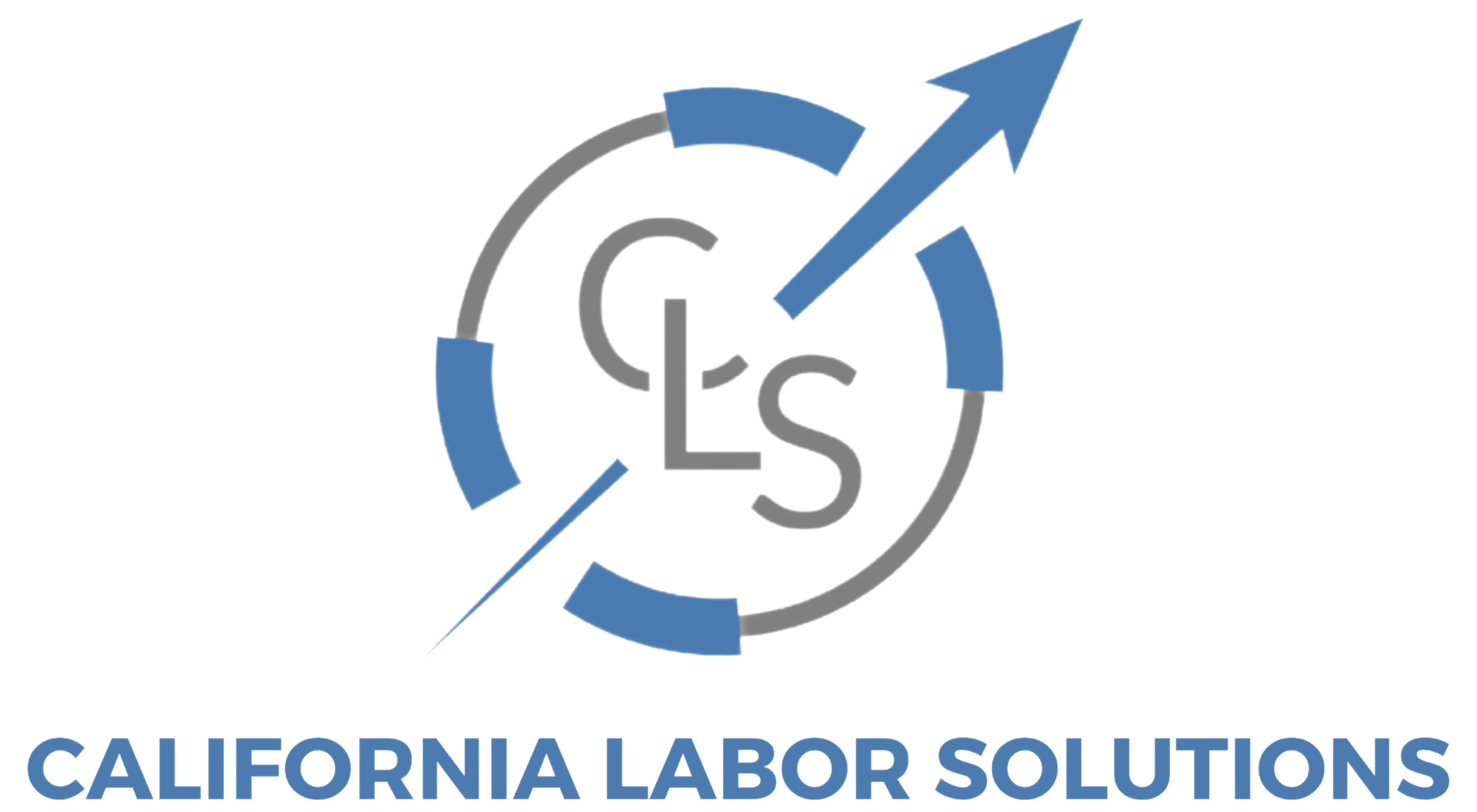In California, strict labor laws regulate how and when employers must issue a final paycheck for a terminated employee. Failing to follow these laws can lead to penalties, legal disputes, and wage claims. Employers must understand the specific deadlines and requirements to ensure compliance and avoid costly mistakes.
California law mandates that final wages be paid immediately in certain situations, and delays can result in daily penalties. Whether an employee resigns, is laid off, or is terminated, businesses must follow the proper procedures to remain compliant.
When Is the Final Paycheck Due?
The timing of the final paycheck for a terminated employee depends on the circumstances of their departure:
- Immediate Payment for Terminated Employees – If an employer terminates an employee, all owed wages must be paid on the same day as termination. This includes any unused vacation or PTO if the company policy allows for it.
- Final Pay for Employees Who Resign – If an employee resigns with at least 72 hours’ notice, the final paycheck is due on their last day. If they resign without notice, the employer has 72 hours to issue payment.
- Commission-Based and Remote Workers – Commissioned employees and remote workers are subject to the same final paycheck laws. Employers must ensure payment is issued by the appropriate deadline, whether through direct deposit or a mailed check.
What Must Be Included in the Final Paycheck?
Employers must ensure the final paycheck for a terminated employee includes all wages owed. This typically covers:
- Regular wages earned through the last workday
- Overtime pay
- Unused vacation or PTO (if applicable under company policy)
- Commission or bonuses due (if already earned per contract terms)
- Expense reimbursements (if applicable)
Penalties for Late Final Paychecks
Failing to provide a timely final paycheck for a terminated employee can result in significant penalties. Under California Labor Code Section 203, an employer may owe the employee a full day’s wages for each day the paycheck is late, up to 30 days.
For example, if an employee’s final wages are delayed by 10 days, they are entitled to 10 additional days of wages as a penalty. If the delay continues beyond 30 days, employers could face additional legal action and fines.
How Employers Can Avoid Final Paycheck Mistakes
To prevent errors and penalties, employers should follow these best practices:
- Plan Ahead for Terminations – When considering layoffs or terminations, ensure payroll is ready to process final wages immediately.
- Use Direct Deposit or Immediate Pay Services – If possible, offer same-day electronic payments to avoid check delays.
- Keep Track of Accrued Wages and PTO – Maintain accurate records of employee compensation to prevent last-minute payroll errors.
- Document the Final Payment – Provide employees with a detailed wage statement showing all final payments and deductions.
- Consult a Labor Compliance Expert – California’s labor laws frequently change, so working with an HR consultant or labor law specialist can help businesses stay compliant.
California Labor Solutions: Helping Employers Stay Compliant
At California Labor Solutions, we help businesses navigate complex labor laws, including compliance with final paycheck requirements. Our team provides expert guidance on termination procedures, wage payment compliance, and legal risk reduction.
For professional labor law support, visit www.californialaborsolutions.com today.

